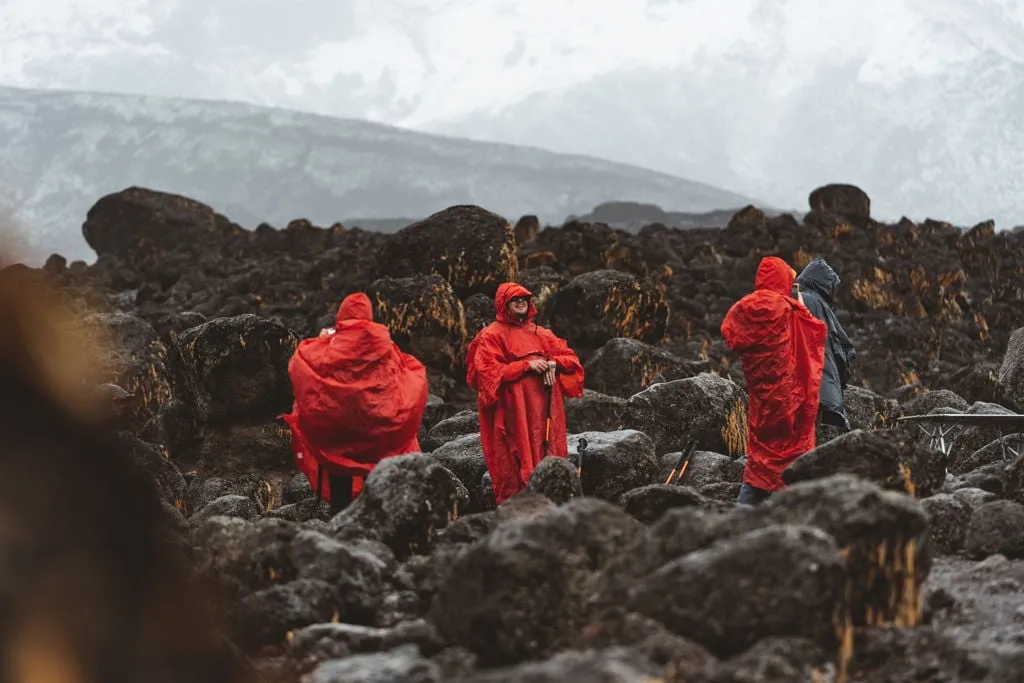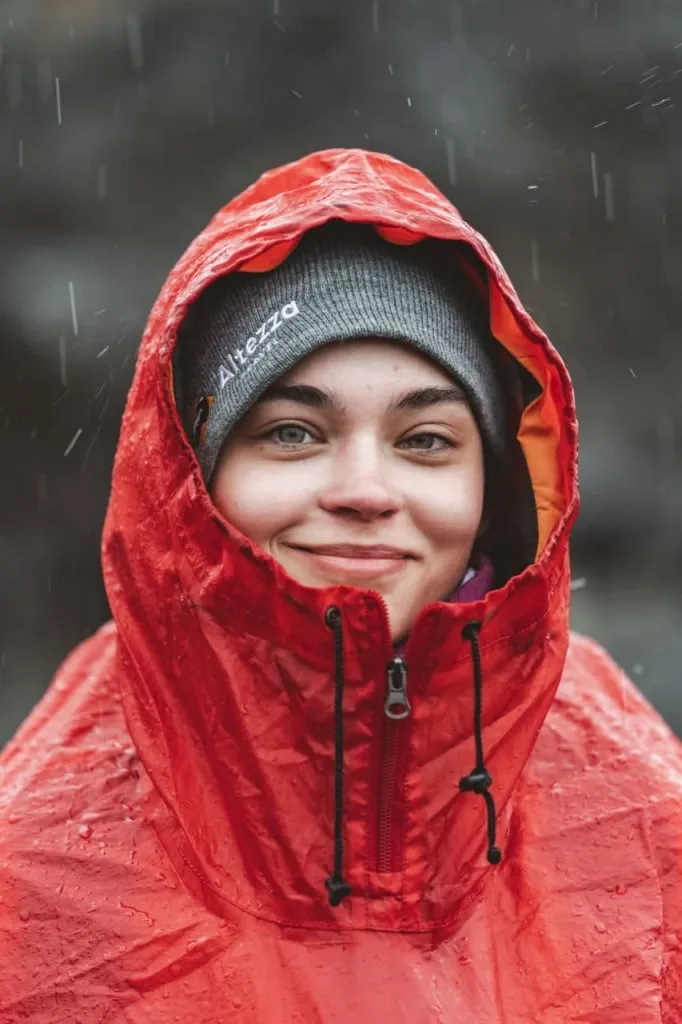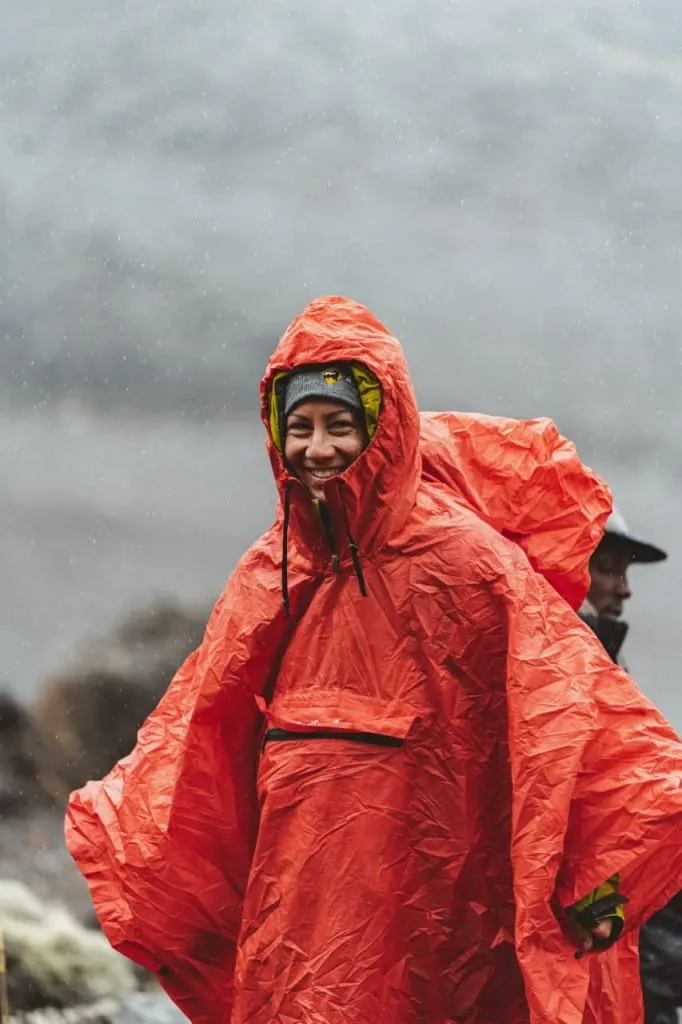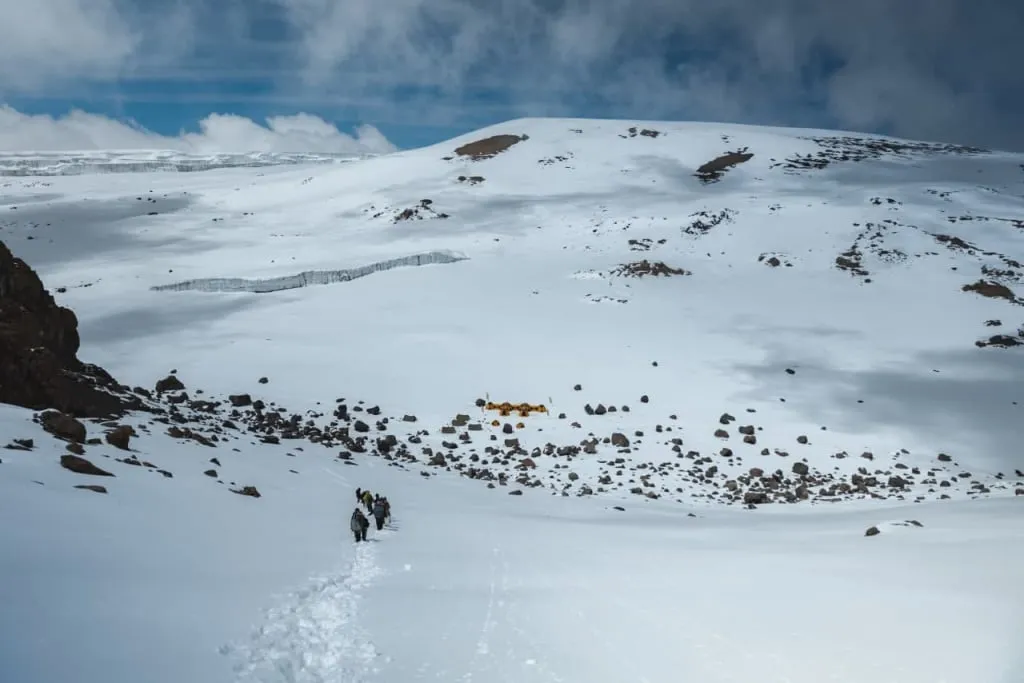If you’re dreaming of climbing Africa’s highest mountain, then this is the article for you.
You really can book your Kilimanjaro trek at any time of the year, even if your vacation or holiday schedule might align with Tanzania’s rainy season. The best time of the year to climb Mount Kilimanjaro is any time - really!
While the dry seasons are generally more popular for summiting Kili, there are certain pluses to choosing the rainy season, too.
Learn about how, why and when to climb Mount Kilimanjaro during the rainy season.
Climbing Mt Kilimanjaro during the rainy season
You may have grown up in a country with four predictable seasons: winter, spring, summer, fall. Tanzania’s weather is somewhat different, but the good news is it is still very predictable!
Tanzania’s seasons are controlled not so much by hot or cold weather, but by tropical monsoon rains. Thus, the seasons are separated into four blocks based on the amount of rain expected during that time:
As you can see, common weather patterns in Tanzania are wet - dry - wet - dry throughout the year. The dry season does not always mean the hot season, however, as July and August are generally the cooler months of the year in Tanzania but there is little to no rain expected during these months.
Kilimanjaro’s slopes see the most climbers during the dry season, as this is generally the most popular time for all visitors to Tanzania. However, there are certainly some advantages to climbing Kilimanjaro during the rainy season - there is even a specific route we recommend - so don’t discount climbing during the rainy season.
Read on to get the full list of pros and cons for climbing Mount Kilimanjaro during the rainy season.
When the rainy season begins on Kilimanjaro
The long rains from the end of March through early June are known as the “warm” rains in Tanzania.
Most days the rains start in the late afternoon or even at night, giving hikers plenty of time to reach the camp. However, most days don’t mean all days - at times it may start pouring from the early morning.
The second rainy season is usually shorter. It starts in late October and usually ends in the middle of December, but sometimes it may begin earlier and last longer. Also, unlike the March-June rains, these are colder, though of course, they aren’t truly cold by most Western standards.
Mount Kilimanjaro, like other mountains, often creates its own weather. This means that despite the predictable weather throughout the rest of Tanzania, climbers may experience showers or light rain at any time of the year while trekking.
If you’re hoping to absolutely avoid rain throughout your Kilimanjaro trek, no one can guarantee that. Even if you climb during the driest months, Mount Kilimanjaro might surprise you by creating unique weather on it’s slopes. However, the chance of rain during the dry season is certainly much lower.
During the rainy season it may not rain ‘on-time’, which means that rains may start or end earlier than predicted. We are talking about weather, after all. Sometimes the rains start in the afternoon, and most of the hiking on Kilimanjaro occurs in the morning, chances are you will have already reached camp before the rain of the day begins.
At the same time it is fair to say that sometimes the rains take much longer than normally expected. For example, in 2020 they finished as late as at the end of January.
And, there may be a few days where Kilimanjaro trekking routes will not see a single drop of rain, either.
The emphasis here is that no one can absolutely promise it will or will not rain during your trek, so you’ve got to prepare for it, just in case.
That being said, if you aren’t afraid of getting a little wet and you’re well-prepared with proper waterproof gear, climbing during the rainy season has its unique perks.
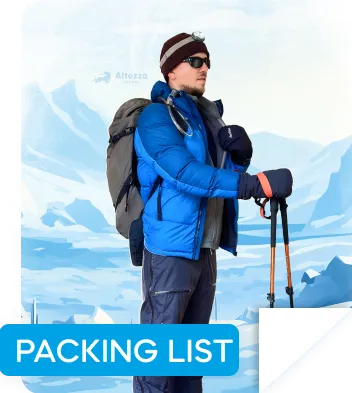
The advantages of climbing Kilimanjaro during the rainy season:
Beauty:
Mount Kilimanjaro is so beautiful and vibrant-green during the rainy season.
Nature truly comes alive after the rains!
Because there are fewer climbers on Kilimanjaro, wild animals return to its slopes. In COVID-19 times, when there were zero travellers, we even spotted the wild dogs. Last time time these animals were seen on Kilimanjaro was some fifteen years ago.
You will see the snow-capped summit of Kilimanjaro. It is white only during the rainy season - on other months the snow melts, and Uhuru with its surroundings are just rocky.
If you summit during March-May you’re likely to see more snow than any other time of the year, which really makes for the best photos to show off your amazing feat.
Fewer climbers:
There are significantly less climbers on Kilimanjaro during the rainy season. For example, at Altezza we have 20-30 times less climbers than during the dry months, and there is a real chance for you to be alone on the route.
If you are dreaming of a secluded experience - rainy season is the best time to have a route to yourself.
Overnight camps are quiet, calm. You won’t see many other groups - or any at all!
Discounts:
Altezza gives seasonal discounts! You may find them in the list of our Kilimanjaro group climbs or contact our managers for more details.
Save money by booking during the rainy season; use the extra cash to spend a few days in Zanzibar after you’ve completed your climb.
Photography during the rainy season
Scenic photography during the rainy season is somewhat wayward. Often fog and rain may cloud the views, and you will be able to shoot only close objects. However, there are moments when the sky becomes clear, and it is exactly when there is a chance to capture the mind-blowing snow-capped peak of Kilimanjaro.
For example, we shot this video during the rainy season in the second half of March 2021, after the rainy season started.

The disadvantages of climbing Kilimanjaro during the rainy season:
- Expect some mud along the way;
- It may be foggy and cloudy throughout your climb (but remember, that can happen anywhere with high altitude).
Tips for climbing Mt Kilimanjaro during the rainy season
Layers are essential!
We’ve written an article about everything needed for climbing Mount Kilimanjaro to help you prepare all of the necessary gear.
For the rain season climbs, a rain jacket and rain pants are absolute musts!
This should be not just a light jacket that you would wear for walking from your car to your office in the rain, but something strong enough to withstand hiking for several hours in the rain. It should have a hood.
Rain pants should be able to fit over top of your other hiking pants, especially for the cold weather in higher altitudes on Kilimanjaro.
Membrane clothes for layering under your rain gear. These will help you feel warm, dry and comfortable under your rain jacket and pants.
It would also be nice to have spare kits.
Altezza rents all types of climbing gear - including clothes! If you need to rent any personal items for climbing Mount Kilimanjaro, reach out to us and we can help you organize renting everything necessary for a comfortable climb during the rainy season.
- Consider choosing the Marangu route for this climb. Marangu route is the only route up Kilimanjaro that has climbers sleeping in structured huts instead of tents. The huts will be more comfortable during the rainy season, and you’ll be out of the mud when you arrive at camp because the huts are built upon pillars. They can withstand even the fiercest rain of Kilimanjaro.
- For rainy season climbs, this is our favorite and most recommended route.
- If you are keen to sleep in a tent and get the camping experience while climbing Kilimanjaro, consider the Rongai route. This route is less rocky, there are no ups and downs like Barranco Wall and because of that it is easier to climb it when the weather is bad.
Don’t let Tanzania’s rainy season deter you from an amazing experience. You can definitely climb Kilimanjaro safely and even comfortably during the rainy season. However, remember that the possibility of rain can’t be downplayed, and if you are ready to take the risk, you may be rewarded with beautiful, snow-capped views of the Kilimanjaro summit. And of course there will be fewer trekkers on the route. We recommend this option to more experienced mountain trekkers.
If, however, Kilimanjaro is your first experience on a mountain and you want this journey to be less challenging, then we recommend choosing one of the dry season months.
Contact Altezza to book your Kilimanjaro climb.
All content on Altezza Travel is created with expert insights and thorough research, in line with our Editorial Policy.
Want to know more about Tanzania adventures?
Get in touch with our team! We've explored all the top destinations across Tanzania. Our Kilimanjaro-based adventure consultants are ready to share tips and help you plan your unforgettable journey.















